Exit Strategies For Pre-Construction Investments
Pre-construction is one of the simplest and safest ways to accumulate wealth in real estate. This is when a property is purchased before construction occurs. For condos, the developer is filling units to ensure a strong occupancy upon completion. It’s important to know what your exit strategy is to determine what you are going to do with your developing funds. If you’re looking for a passive investment, this is the simplest method for cautious or new purchasers. Paying off the extended payment structure is generally the only concern a purchaser has, which is why it’s utilized so often. If you plan on selling it before occupancy is available, mortgage and tenants are not a concern.
1. What we recommend most is not really an exit strategy, but buying and holding the property long term. The best method to maximizing your potential in real estate is to hold onto the home. Values will rise and fall as they continuously go up. Historically, we’ve seen values in Toronto double every decade. Renting out the property to pay off the mortgage while your asset improves, taking out the equity to purchase more properties and repeating this process is our most advised path.
2. Our second most preferred option is to close and sell. This when the structure is fully completed and ready to be occupied. The value will increase from when you first purchased until it’s completion (which is approximately 3 years). This is after legal fees and closing costs are paid out and it’s now in your name. You then have ability to put it on the market and sell, either privately or using a realtor. The advantages over assignment are that you get full equity; while with assignment you only have partial equity. Be aware that you lose the asset and get no future growth.
3. You have the right to assign it to another party (if stated in the agreement on purchase) if you wish to sell it sooner. This gives you the option to sell the property before it’s completed. The price will have gone up due to the fact that it’s following the real estate cost trend and it’s steps closer to being finished. With all of the value you have the potential to gain if you wait, this is not the most profitable investment but you do get to avoid closing costs, including the land transfer taxes (in Canada), among other fees. You benefit from capitalizing on value increases without having to close on the property, but you give up long-term equity. The new assignee gains the asset, but also inherents the remaining costs.
Of these three options, our preferred method is always to buy and hold for the long term. This method requires the most waiting, therefore being the most profitable. You will be waiting about 2 – 3 years to “make a quick buck” with the other strategies. Keep in mind that there are fees included with each purchase aside from the down payment, including the land transfer taxes (among other builder’s fees). We always suggest using your accrued wealth to get more property and pursue a larger portfolio.

